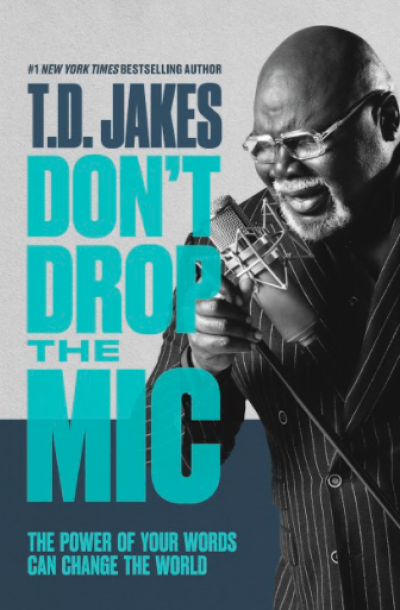In an increasingly polarized society, Bishop T.D. Jakes has encouraged Christians to use discretion when posting on social media, stressing the power of content that “sheds light rather than generates heat.”
“When you’re broaching a sensitive subject, a controversial subject, a subject where you have an opinion … but may not have necessarily done your research on, I think it’s better to start a conversation with a trusted friend and almost use him as a focus group to make sure that you’re looking at it holistically, and not just narrowly through the lens of your own point of view, so that when you make a statement, it sheds light rather than generates heat,” Jakes, founder of The Potter’s House, told The Christian Post on Thursday when asked about “best practices” when it comes to posting on social media.
“If you go through that litmus test prior to typing, it will save you a lot of grief and pain, and perhaps in certain cases, finances, trying to rectify a ship that has gotten off course because you’re exposing it to millions and millions of people around the world without the benefit of the kind of process that normal people would go through,” he added.
Jakes recently released his latest book, Don’t Drop the Mic: The Power of Words Can Change the World. In it, The New York Times bestselling author highlights why effective, God-glorifying communication matters more now than ever before, particularly as everyone has a platform thanks to social media.
Jakes, who also serves as the CEO of TDJ Enterprises, spanning film, television, radio, publishing, podcasts and an award-winning music label, explained that before creating a film or documentary, creators typically go before focus groups — they don’t simply “throw ideas into the public domain.”
“I think that would be a very, very helpful practice to do,” Jakes said, adding that platforms like Facebook, Twitter and Instagram are bad places to “start a relationship with other groups and entities if you don’t have the prerequisite of a personal real relationship that causes you to share what you have learned.”
“It’s better to say what you have learned or what you’re thinking or what you’re wondering about rather than stated as a fact and become an authority without credentials,” he said.
During the interview with CP and other reporters, the Dallas-based pastor also reflected on why good communication is important for building connection and community and ultimately, furthering the Gospel.
He shared how, growing up in West Virginia, he was surrounded by a predominantly white community, compelling him to build relationships across many different platforms, races and cultures.






![[MUSIC VIDEO] THIS LOVE (NA HELELE) - Peggy [@peggyotis] 11](https://gospelbuzz.com/wp-content/uploads/2021/04/Peggy-This-Love-Artwork-150x150.jpg)